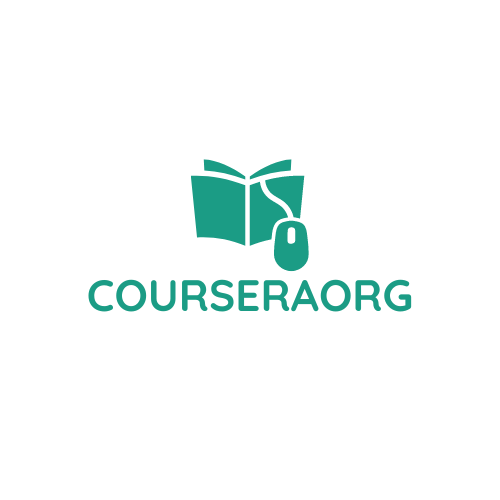In the fast-paced world of education, staying updated on the latest learning trends is crucial for both educators and learners. From personalized learning experiences to the integration of technology in classrooms, the landscape of education is constantly evolving. Understanding these trends can help individuals adapt and thrive in today’s dynamic learning environment.

As new methodologies and approaches continue to emerge, keeping abreast of the current learning trends can provide valuable insights into enhancing learning outcomes and fostering a culture of continuous improvement.
By exploring these trends, educators can leverage innovative strategies to engage students effectively and promote lifelong learning. Stay tuned to discover the top learning trends shaping the future of education.
Learning Trends
Exploring new methodologies and approaches is vital in the education sector, where trends are constantly evolving. Adapting to these changes allows educators to enhance learning outcomes, engage students effectively, and promote lifelong learning. Staying updated on the latest learning trends is crucial in today’s dynamic learning environment.
By understanding and embracing these trends, educators and learners can thrive in the ever-changing landscape of education. Stay tuned to discover the top learning trends shaping the future of education.
Online Learning in Modern Education
Online learning has revolutionized modern education, offering a plethora of benefits to both educators and learners. It provides flexibility, accessibility, and a personalized learning experience, making it a vital component in today’s educational landscape.
Benefits of Online Learning

- Flexibility: Online learning allows students to access educational content at their convenience, enabling them to balance their studies with other commitments effectively.
- Accessibility: With online learning, geographical barriers are eliminated, enabling individuals from all corners of the world to access quality education.
- Personalized Learning: Online platforms offer tailored learning experiences, catering to individual learning styles and pacing, enhancing overall comprehension and retention.
- Cost-Effective: Online courses are often more affordable than traditional education, making higher education accessible to a wider audience.
- Diverse Learning Resources: Online learning provides access to a wealth of multimedia resources, enhancing the learning experience through interactive content.
- Technical Issues: Connectivity problems, software compatibility issues, and lack of technical skills can hinder the online learning experience.
- Limited Social Interaction: Online learning may lack face-to-face interaction, reducing opportunities for collaborative learning and building interpersonal skills.
- Self-Discipline Requirement: Students need to exhibit strong self-discipline and time management skills to stay motivated and engaged in the absence of a physical classroom setting.
- Assessment Credibility: Ensuring the credibility and integrity of assessments in online learning environments can be challenging.
- Digital Fatigue: Excessive screen time and prolonged online engagement can lead to digital fatigue and impact learning outcomes negatively.
While online learning offers numerous advantages, educators and learners must address the associated challenges effectively to maximize the potential of online education in the modern educational landscape.
Personalized Learning Approaches
Incorporate Personalized Learning Techniques
Utilize Adaptive Learning Platforms:
Enabling students to progress at their own pace and receive tailored content.
Targeting individual learning needs for enhanced comprehension and retention.
Implement Competency-Based Education:
Assessing mastery of specific skills rather than uniform grading systems.
Empowering learners to advance upon mastering concepts, fostering a deeper understanding.
Utilize Data Analysis Tools:
Tracking student progress and engagement to customize learning paths.
Enhancing instructional strategies based on real-time data insights, ensuring personalized support.
Integrate Personal Learning Plans:
Developing specialized learning goals and strategies for each student.
Adapting teaching methods to cater to diverse learning styles and preferences.
Employ Mentorship Programs:
Pairing students with mentors to provide individualized guidance and support.
Fostering personal connections and creating a conducive environment for personalized learning experiences.
 Staying updated on evolving learning trends is crucial for enhancing educational practices and student engagement. Embracing online learning offers flexibility and accessibility, despite potential technical challenges. Personalized learning methods, such as adaptive platforms and data analysis tools, cater to individual student needs.
Staying updated on evolving learning trends is crucial for enhancing educational practices and student engagement. Embracing online learning offers flexibility and accessibility, despite potential technical challenges. Personalized learning methods, such as adaptive platforms and data analysis tools, cater to individual student needs.
Educational Technology (EdTech) integration enhances learning experiences through interactive tools like virtual simulations and online assessments. EdTech fosters collaboration, digital literacy, and continuous professional development for educators. By embracing technology-driven strategies, schools prepare students for the future, creating dynamic and engaging learning environments.

